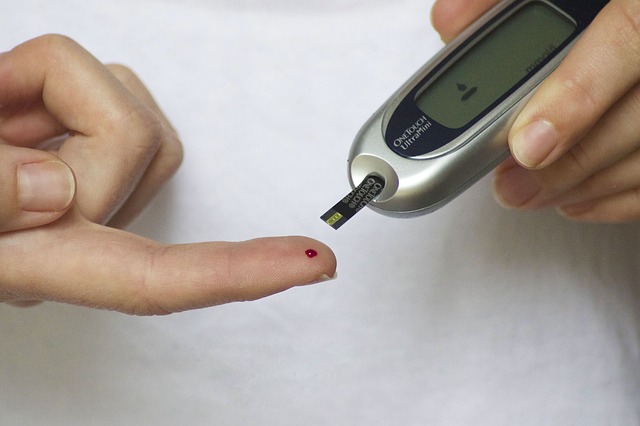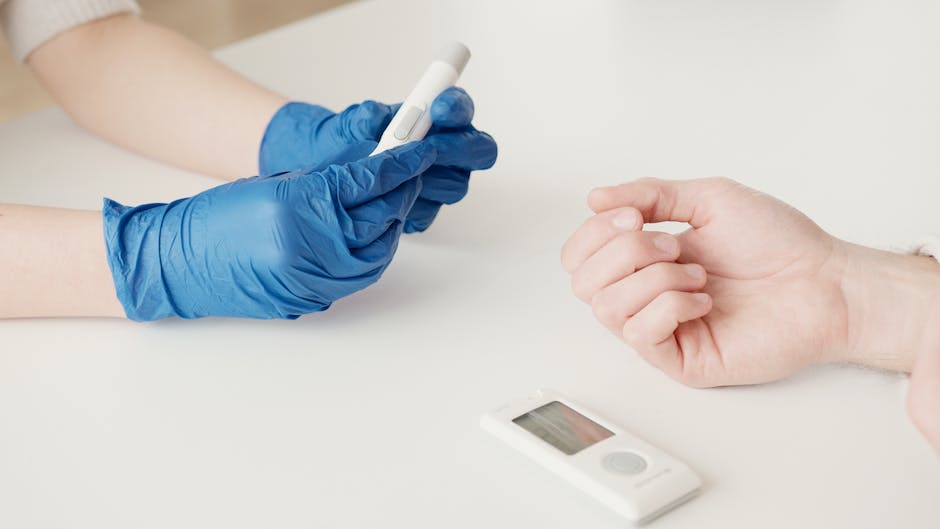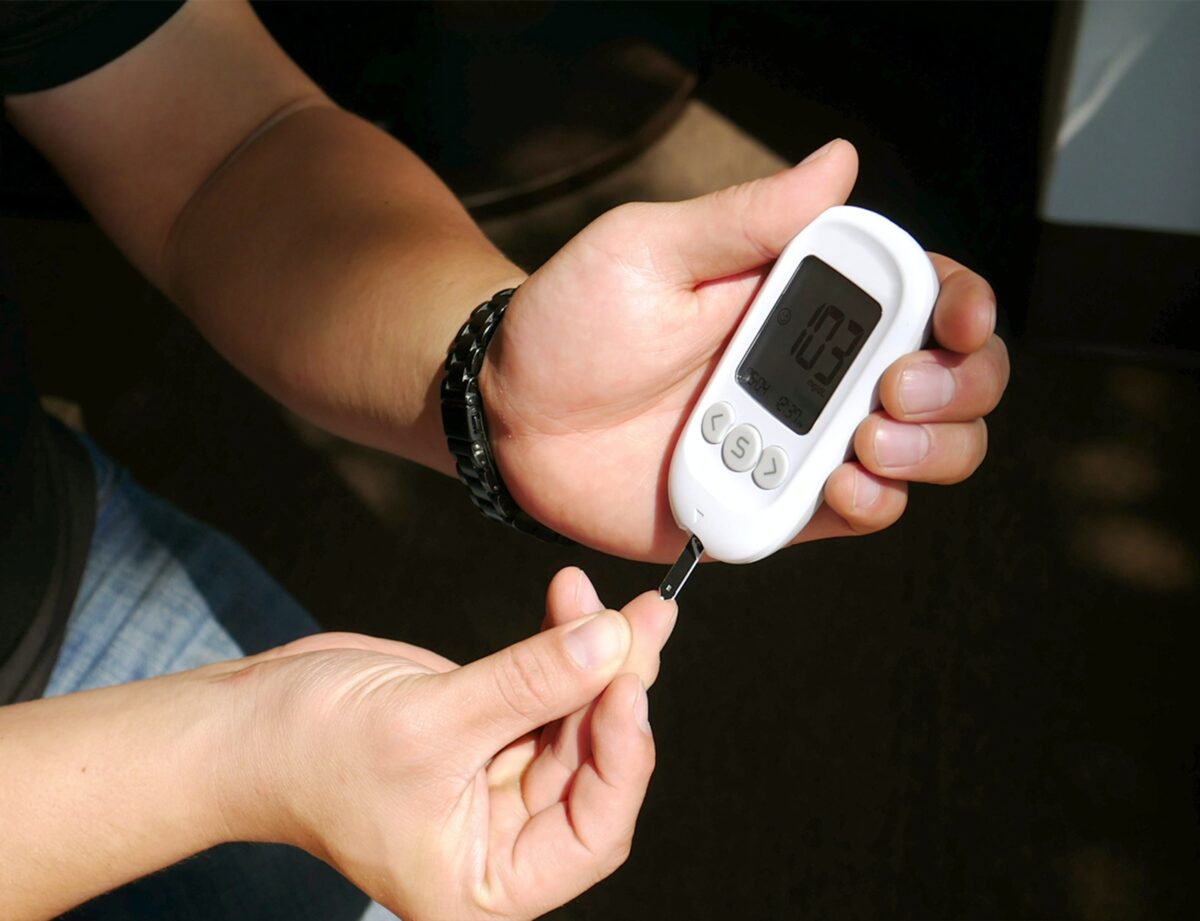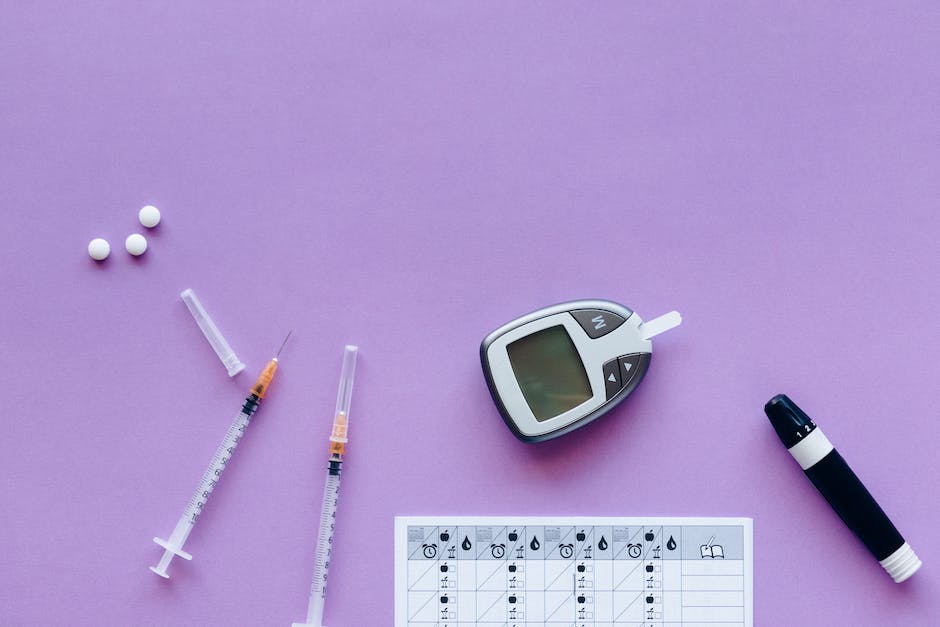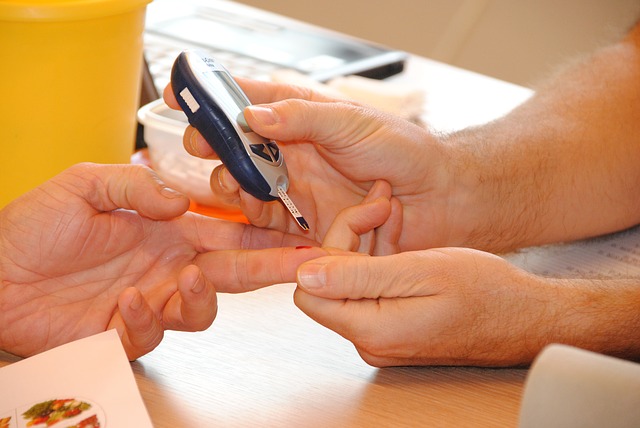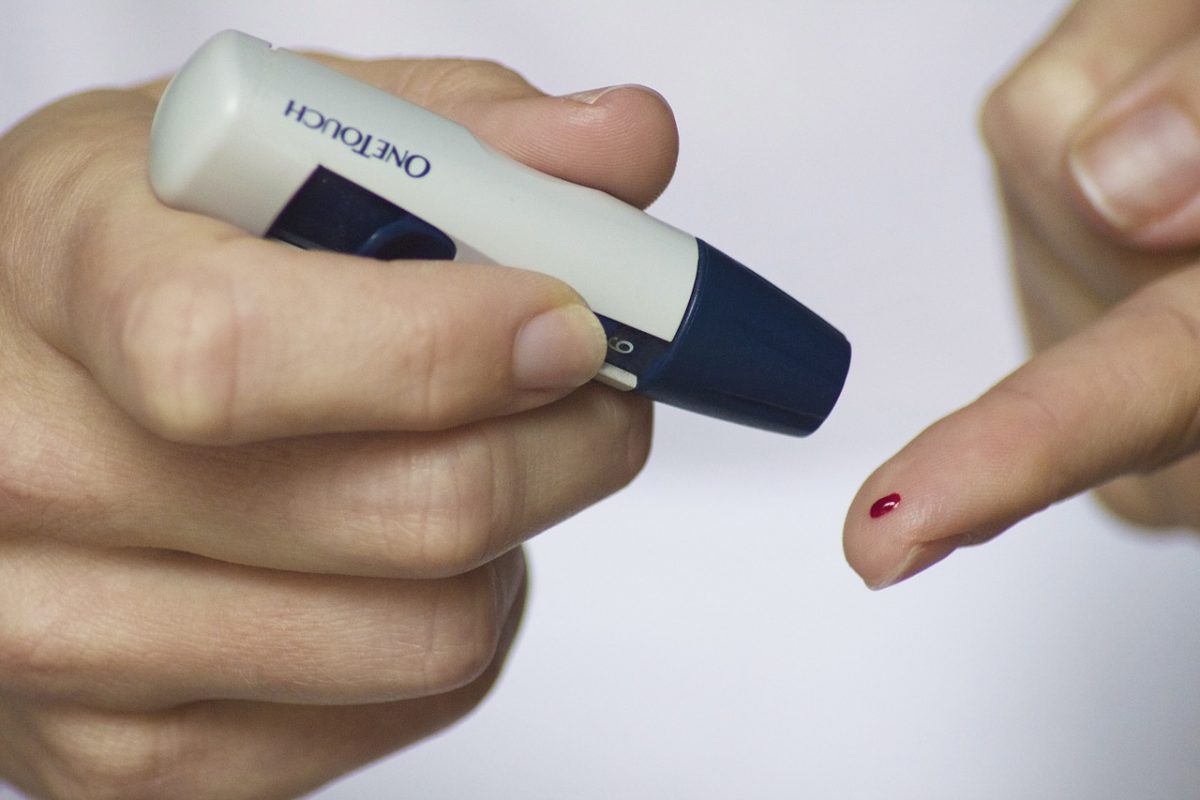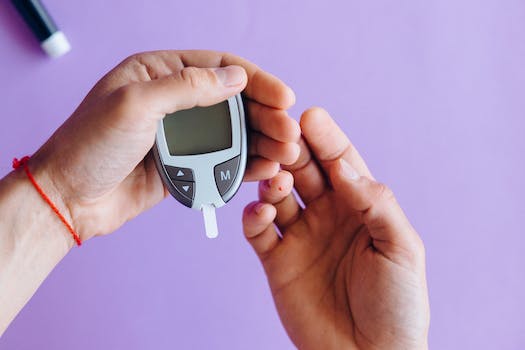Have you ever wondered why there is such a high demand for diabetic test strips? These small but crucial tools are essential for individuals diagnosed with diabetes to manage their condition effectively. As a result, there is a constant need for diabetic test strips, making selling them a smart business opportunity.
Diabetic test strips play a vital role in monitoring blood glucose levels. People with diabetes rely on these strips to measure their blood sugar and make informed decisions regarding medication, diet, and exercise. Since diabetes is a chronic condition that affects millions of people worldwide, the demand for these strips is consistently high.
Selling diabetic test strips, whether through a pharmacy or online platform, provides a practical solution for those in need. Many individuals find themselves with excess diabetic test strips due to changes in prescriptions, switching from one brand to another, or even after a loved one with diabetes passes away. Rather than letting these unused strips go to waste, selling them allows individuals to recoup some of the cost and help those who cannot afford to buy them at full price.
Additionally, selling diabetic test strips can contribute to reducing the financial burden for individuals managing diabetes. Diabetes care can be expensive, with costs for medication, doctor visits, and other supplies quickly adding up. By selling their unused test strips, people with diabetes can offset some of these costs and make their self-care more affordable.
In conclusion, understanding the demand for diabetic test strips highlights the importance of selling them as a sensible business endeavor. It provides a practical solution for those with excess strips and offers financial relief for individuals managing their diabetes. By recognizing the value of diabetic test strips in the lives of those with diabetes, we can promote accessibility and affordability in managing this chronic condition.
We Buy Unused Diabetic Test Strips and Supplies
If you would like to find out about earning cash for your unwanted, unused, and boxed test strips, complete our online quote form today.
If you have extra, unopened and unused boxes of diabetic test strips – whether you have switched brands, no longer need to test or test less frequently, or have a loved one who has passed away – don’t let them gather dust until they’ve expired and end up in the trash. We’re the best place to sell diabetic test strips online, and if you want to sell your test strips, we’re here to make the process easy and enjoyable!
Visit us at Sell Your Test Strips and get your free quote today!

